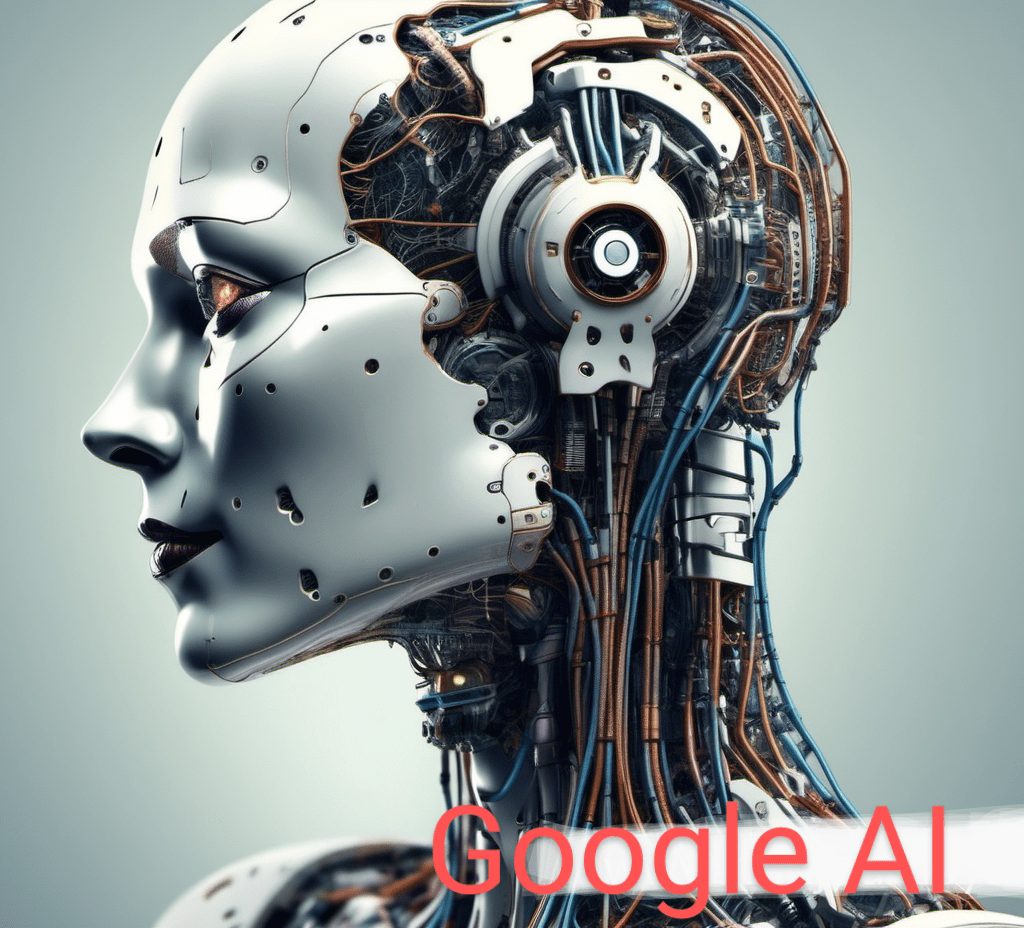The news sent shockwaves through the tech world: Google, the tech giant synonymous with innovation and progress, might lay off up to 30,000 employees. The culprit? Its own groundbreaking advancements in artificial intelligence (AI).
This isn’t just an internal shakeup at Google; it’s a stark reminder of the double-edged sword that is AI. While it promises efficiency, automation, and even breakthroughs in healthcare and sustainability, it also carries the chilling potential for mass job displacement. So, as AI rapidly infiltrates various sectors, the question looms large: should we be scared?
The Rise of the Machines: AI Reshaping the Workforce
Let’s be clear: AI is here to stay. From complex algorithms powering self-driving cars to chatbots handling customer service inquiries, AI is automating tasks once thought solely within the human domain. In Google’s case, their AI advancements could streamline processes in advertising, data analysis, and even software development, potentially rendering some current jobs obsolete.
This isn’t just a Google phenomenon. McKinsey Global Institute estimates that by 2030, up to 800 million jobs worldwide could be lost to automation, while 375 million new jobs will emerge. The key takeaway? The nature of work is changing, and AI is the driving force.
Should You Be Scared? Understanding the AI Threat
While the headlines might scream “robot takeover,” it’s not all doom and gloom. AI isn’t here to replace humans entirely; it’s about augmentation and collaboration. However, ignoring the potential for job displacement would be naive.
Here’s why some jobs are more vulnerable than others:
- Repetitive tasks: AI excels at handling predictable, rule-based tasks. Data entry, assembly line work, and even some administrative duties are at high risk of automation.
- Middle-skill jobs: Jobs requiring specific skills but limited creativity or critical thinking are also susceptible. Bookkeeping, customer service, and even some paralegal work could be replaced by AI algorithms.
Navigating the AI Landscape: Preparing for the Future of Work
So, should you be scared? The answer is nuanced. It depends on your skillset, industry, and willingness to adapt. Here are some ways to prepare for the AI revolution:
- Invest in lifelong learning: Continuously upgrade your skills and knowledge. Focus on areas where human judgment, creativity, and critical thinking are essential.
- Embrace adaptability: Be willing to pivot careers and learn new skills. The ability to adapt and evolve will be crucial in the AI-driven workforce.
- Focus on soft skills: Hone your communication, collaboration, and problem-solving skills. These are uniquely human skills that AI cannot replicate.
- Advocate for responsible AI development: Support policies and regulations that ensure AI is used ethically and responsibly, considering its impact on the workforce.
Is AI the New HR? A Call for Collaboration, Not Fear
The rise of AI presents both challenges and opportunities. While job displacement is a real concern, it’s important to remember that AI can also create new jobs, industries, and even entire sectors of the economy. The key is to embrace collaboration, not fear. We need to work with AI, not against it, to ensure a future where humans and machines thrive together.
Instead of seeing AI as the new HR director with a ruthless layoff list, let’s view it as a powerful tool that can augment our capabilities and unlock new possibilities. By fostering a culture of lifelong learning, adaptability, and responsible AI development, we can navigate the AI revolution and build a future where both humans and machines can prosper.
This is just the beginning of the AI story. It’s a story we’re all writing together, and the choices we make today will shape the future of work for generations to come. So, let’s choose collaboration, innovation, and a human-centered approach to ensure that AI becomes a force for good, not a source of fear.
Remember, the future of work is not predetermined. It’s up to us to shape it with foresight, empathy, and a commitment to building a world where both humans and AI can reach their full potential.
Remember, the future of work is not a preordained script; it’s a story we write together. Choose wisely, choose courageously, and choose collaboration. The future of AI awaits.

